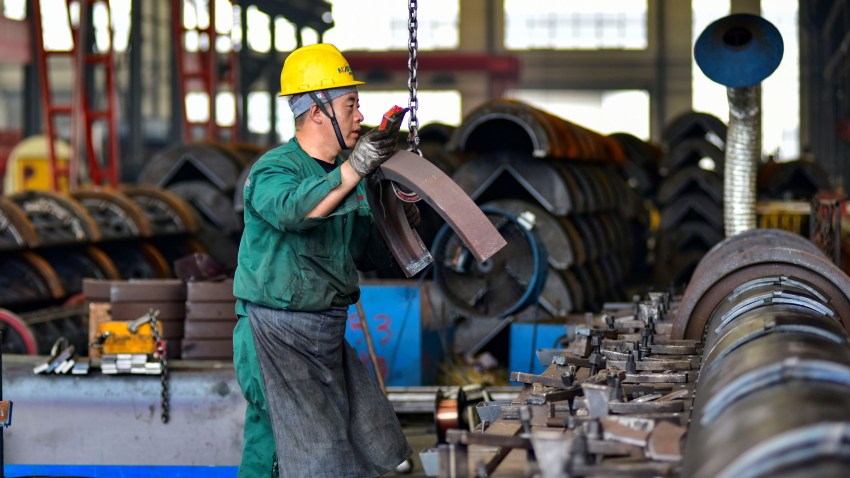According to data from the World Bank, in the five years before 2022, China’s economy grew by 7 percent annually in U.S. dollar terms, accounting for an extraordinary 29 percent of global growth. Now, with China’s economy slowing rapidly, many analysts around the world worry that a continued contraction in Chinese growth could potentially have an adverse global impact. Without China acting as the global engine of growth, they say, growth around the world could stall.
But the story is more complicated than that. To begin with, it is a mistake—albeit a very common one—to refer to China as the global engine of growth. Its growth is indeed the largest component of global growth, but what matters to the rest of the world is not how much or how fast China’s domestic economy is growing, but rather how that growth affects its trade and capital flows—that is, its balance of payments.
China runs huge trade surpluses; in fact, they are the largest in history. And because trade surpluses go hand-in-hand with capital outflows, these trade surpluses also make China the world’s largest net exporter of capital. To understand why, it helps to remember that every dollar that enters into China or any other country, whether in the form of export revenues or foreign investment, must leave, either through imports or through the acquisition of foreign assets, including government bonds. This is why countries that run trade surpluses—technically current account surpluses, but the difference is irrelevant for the purpose of this article—are by definition exporters of capital, as they use net export revenues to purchase foreign stocks, bonds, real estate, factories and other assets. By the same logic, countries that run trade deficits are necessarily importers of capital, in that they sell domestic assets to pay for their net imports.

